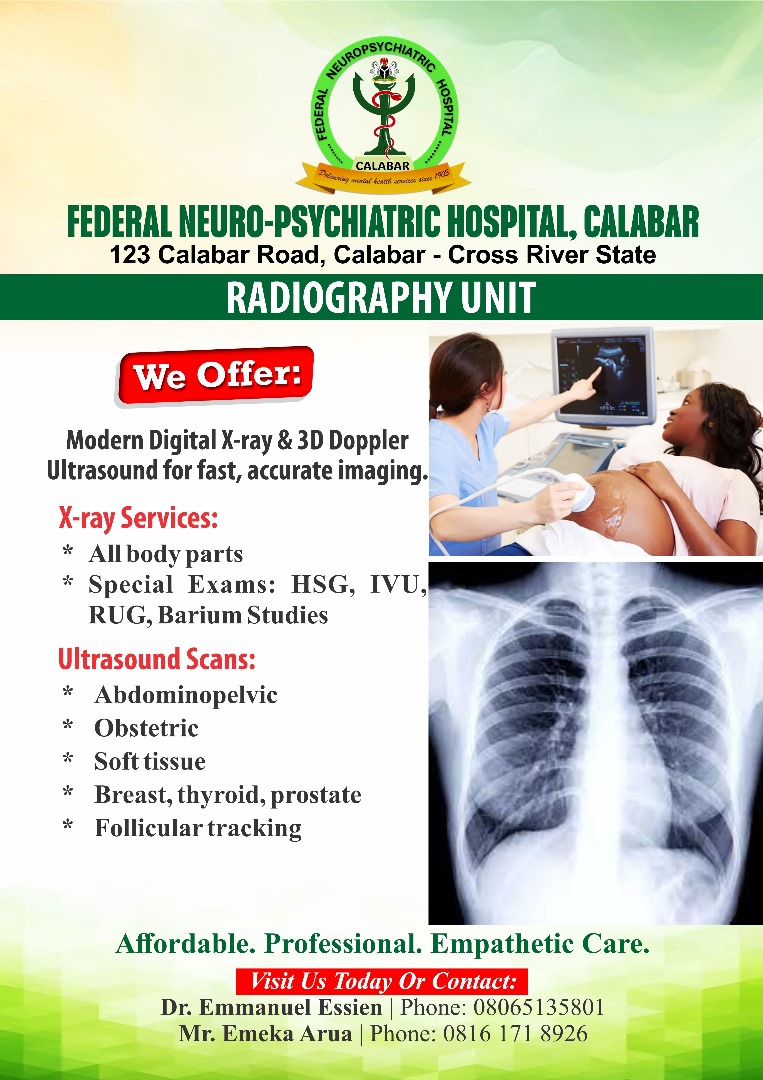By Anietie Akpan
23 Academic Programmes in the University of Calabar (UNICAL) have secured full accreditation from the National Universities Commission (NUC).
The University again secured the full accreditation for the 23 academic programmes following the NUC accreditation exercise conducted in October/November 2024.
According to a release on May 13, from the Public Relations Unit of UNICAL, this was conveyed in a memo from the NUC addressed to the Vice-Chancellor of UNICAL, Prof. Florence Obi, and signed by the Acting Director of Accreditation, Engr. Abraham Chundusu on behalf of the Executive Secretary, Prof. Abdullahi Yusufu Ribadu.
The accredited programmes include Agriculture, Fisheries and Aquaculture with full accreditation status.
Other fully accredited programmes are Medical Laboratory Science, Christian Religious Studies, English and Literary Studies, Philosophy, and Religious and Cultural Studies.
Additionally, programmes such as Adult Education, Education Agricultural Science, and Library and Information Science in the Faculty of Education also received full accreditation. The Dentistry programme in the Faculty of Dentistry was fully accredited.
In the Faculty of Biological Sciences and Physical Sciences, programmes including Applied Chemistry, Applied Geophysics, Biochemistry, Botany, Genetics and Biotechnology, Geology, and Pure Chemistry were all fully accredited.
The Faculty of Administration and Management Sciences’ programmes, including MSc. Business Administration, Master of Public Administration, MSc. Banking and Finance, Accounting, Banking and Finance and Public Administration, were all fully accredited while Marketing secured interim accreditation.
The Faculty of Social Sciences’ programmes, Economics and Geography, were also fully accredited. Computer Science in the Faculty of Computing also received full accreditation while Pharm D programme in the Faculty of Pharmacy received interim accreditation.
The NUC accreditation status, according to the memo, has significant implications for the affected programmes, with full accreditation valid for five years.
Accordingly, the university, as conveyed by the memo, has been advised to note the implications of the accreditation status for its programmes.











